-
CreatorTopic
-
08/17/2015 at 4:03 pm #3248
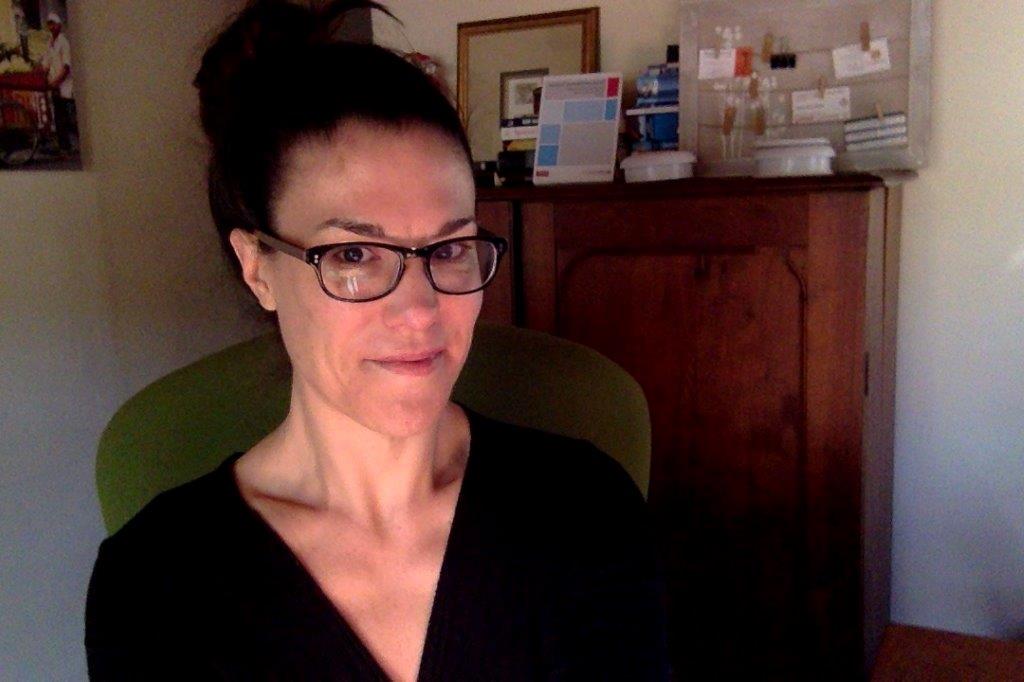 AnneMember
AnneMemberSo here is a ‘thought question’ to get us going with Lesson 1.
To what extent does the research team with whom you work have an understanding of the value of stakeholder engagement? Explain your answer.
Now ponder and post…..we want honest answers!
-
CreatorTopic
-
AuthorReplies
-
-
05/09/2017 at 2:47 pm #7164
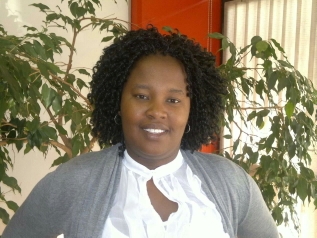 Thandiwe LydiaMember
Thandiwe LydiaMemberThe research team understand that there is no study that has to take place without involving the stakeholders, that is why we involve them on the protocol review, ICF review and Regular updates therefore with that involvement stakeholders ensure that our communities participate in our studies.
-
11/11/2015 at 12:01 pm #4156
 AnjaMember
AnjaMemberIn my team there is an increasing awareness about the importance of engagement with the different stakeholders and this has become more of a topic of conversation nowadays, which is great! We still have a long way to go regarding the implementation of active stakeholder engagement, but at least we are shifting in that direction quite quick now.
-
10/27/2015 at 4:17 pm #4055
 AliceMember
AliceMemberIn our site we majorly deal with the CAB members of which according to the site it appears to be sufficient, yet it does not represent all the stakeholders. The site staffs and the CAB members usually have routine monthly meetings where they get the updates all the upcoming protocol and discuss the recruitment strategies. The CAB members are the key community stakeholder in all the recruitment processes, National activities such as World Vaccine day and any upcoming community concerns involving the site.
-
10/27/2015 at 4:06 pm #4054
 CharlesMember
CharlesMemberOops! i just noted I did not participate in this discussion.
Stakeholder engagement in terms of CAB happen monthly and has become part of the site routine. During the monthly meetings CAB members are give research updates and protocols undergoing regulatory review presented to them, and their input to Informed Consent sought. This then become recruitment focused and conversation around ongoing and upcoming protocols. The site believe they represent all stakeholders which is not true because they are broader than the CAB and when you have 13 members they can not represent all stakeholders
Stakeholder engagement as anticipated by GPP requires a new approach and that this course will help us understand and plan to reach out to all stakeholders continuously.
-
10/03/2015 at 2:39 pm #3864
 DenverMember
DenverMemberJontraye, i have worked with FHI 360, i agree they do support CABS and work closely with them during trials.
-
09/25/2015 at 1:10 pm #3807
 AliciaMember
AliciaMemberWhile I do not work on a research site, I feel the majority of my colleagues here at the Reagan-Udall Foundation do understand the value of stakeholder engagement. As a smaller (~8 full time staff), and relatively young organization, we have spent a lot of time working to articulate our core principles and goals of the organization. One of these is to ensure broad stakeholder participation in all of our projects and programs—this way, we can work to ensure that diverse perspectives and expertise is brought in to support and enhance all of our work. Another thing we have started doing at the outset of new initiatives, is informal interviews with stakeholders to assess needs, concerns, and issues for a given topic (comparable to the formative research stage in GPP). In this way, we can work to align stakeholder needs at the start of a new initiative and ensure the new work effort focuses on common challenges and goals.
-
09/10/2015 at 8:40 pm #3703
 HeidiMember
HeidiMemberIn my research team, there is awareness about the different stakeholders, from a local to an international level. There is still a lot to do in terms of stakeholder engagement, and priorities will need to be set seen the limited resources we’re (all) dealing with
-
08/23/2015 at 9:09 pm #3456
 JontrayeMember
JontrayeMemberThe Community Engagement team at FHI 360 fully understands the importance of stakeholder engagement. For instance, staff at FHI ensure there is community representation in every study from planning, implementation, recruitment, study close out, and result dissemination. Community Educators and CAB members are provided the opportunity to review concepts as they are drafted. Upon review educators and CAB members share their thoughts and how the proposed concept would impact their communities.
-
08/21/2015 at 4:09 pm #3437
Terfa Simon
MemberOur research team as constituted at the moment place priority on stakeholders engagement because of the country’s (Nigeria) experience with Pfizer litigation in the past.
Our protocols are reviewed by the ethical review board before commencing any form of implementation.
Relevant national stakeholders are officially communicated for administrative approvals and paid advocacy visits to brief them and share the protocol in acceptable format.
The broader stakeholders which involve associations of medical doctors, nurses and laboratory personnel are engaged during their continue professional education (CPE) sessions.
Community stakeholder engagement is based on two strategies namely demand creation which is focus on potential volunteers and conflict mitigation which deals with individuals and groups that could potentially oppose the trial. The media is involve from the beginning with key message development that is usually reviewed by a broad based Community Advisory Committee constituted for the specific research.
The composition of the team for each assignment is based on team members who have competence, social connection and understanding of the working of the groups and individuals.
Best of weekend
-
08/21/2015 at 3:22 pm #3433
 SteveMember
SteveMemberHello everyone,
I feel the lead research team has a good understanding of stakeholder engagement. This may not necessarily be so with the field teams who form a large component of the study. At site or district level the site management team has a good understanding of stakeholder engagement as they are involved in planning and conducting of stakeholder meetings. Our CAB members are involved in advising study participants and resolving of incidents. This has helped in ‘marketing’ them.
-
08/21/2015 at 1:29 pm #3427
Thembi
MemberHi Everyone,
My Research team have a good understanding of stakeholders engagement, but they not interested. We have regular meetings with CAB members and we have managed to retain most of our CAB members. I find it very interesting with the sites who are very supportive in terms of involvement with their stakeholders.
-
08/21/2015 at 1:06 pm #3424
 WadiMember
WadiMemberHi Everyone
Our stakeholder engagement is quite good. We have the CAB, NGO forums where different NGO’s in the community share about the work they do in the community. We also have public event to reach more stakeholders.
-
08/21/2015 at 10:30 am #3411
Sibongile Maenstu
MemberHi I think involvement of community is the good step to take because they know their prevailing problems and their agent of change and our Research team works very closely with stakeholders to penetrate better in the community to meet our objective
-
08/21/2015 at 10:10 am #3408
Phumla Jessica
MemberHello Everyone,
Honestly, I had the perception that engagement was a “once-off” meeting until I was hands on in the community side of things. Now I understand that it is an ongoing relationship that needs to be nurtured. I must say that at time, I find it a bit daunting, but I’m also very excited about the work that has been done and the work that will still be done in our community. In my site, even when resources are tight, we come together. Instead of hiring catering for an event, the staff members cook and this helps decrease costs and has brought us together as a staff and has given us a better understanding of Stakeholder engagement.
-
08/20/2015 at 8:19 pm #3392
Neetha Morar
MemberStakeholder engagement is appreciated and recognized by our research team as it emphasized by the Clinical Trials Unit principal investigator who ensures that all team members appreciate community engagement. We have and continue to address the differences between stakeholder engagement and meeting protocol requirements such as recruitment, retention and adherence. Research team members have also joined the community team to educate stakeholders on clinical procedures such as blood draws, Pap smears (test to assess risk of cervical cancer), medical examination and composition the product. The efforts needs to continue and be strengthened by community guidelines.
-
08/20/2015 at 2:12 pm #3358
 PrudenceMember
PrudenceMemberTo what extent does the research team with whom you work have an understanding of the value of stakeholder engagement? Explain your answer.
The research team in my site understand the value of the stakeholders as they are involved in stakeholders meeting. But they do not have a broader understanding of who a stakeholder is as has been explained here.
The CAB meetings are well attended. This is because the CAB is independent with an elected chairman and Secretary. My team only fund their meeting. They have been able to make great inputs like suggesting the other stakeholders that needed to be engaged. One of them suggested the provision of a toll-free line through which the team can be reach by the study participants.
-
08/20/2015 at 12:00 pm #3355
 AromMember
AromMemberTo what extent does the research team with whom you work have an understanding of the value of stakeholder engagement? Explain your answer.
The research team I am working with has high level of understanding the value of stakeholder engagement. The team has close relation with community and can communicate efficiently either way around.
Arom P.
-
08/20/2015 at 11:43 am #3353
Neetha Morar
MemberThe research team has a good understanding of the importance of stakeholder engagement in research as we have a dedicated director and principal investigator who has made community engagement part of all team members role and responsibility (direct and indirect). Stakeholder engagement activities are discussed at weekly management meetings and at monthly research project meetings which includes the entire unit employees (over 100 employees). Documentation of stakeholder engagement follows the similar guidelines of Good Clinical Practice where logs and reports are written for community events and outcomes. our nurses, doctors, counsellors and investigators have been in the community to explain complex clinical issues such as Pap Smear (tests to assess cervical cancer), what the blood is used for in the laboratory and safety tests in trials. But it would be valuable if the research team members consistently maintain the relationships with stakeholders. Thus, monitoring and measuring the impact and role of research team members may be valuable.
-
08/20/2015 at 9:38 am #3342
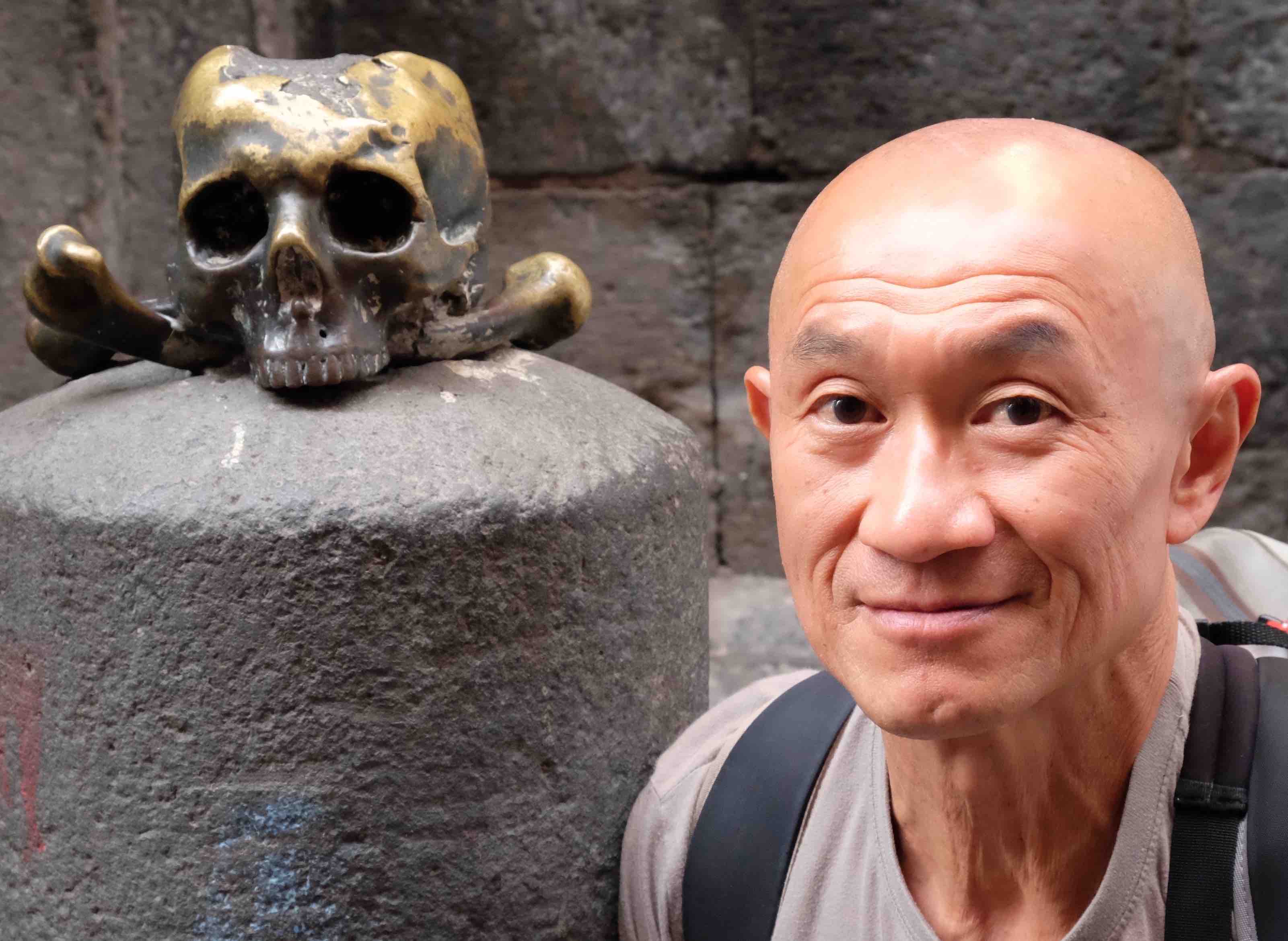 UdomMember
UdomMemberHi everyone,
I have a question similar to what Anne posted at the top. How do the rest of the research team (besides the community engagement team) perceive stakeholder engagement? Do they consider it as an important and strategic component of the research plan or they consider it as an extra burden with no real add-on value to the research? If they see it as a burden, how you deal with that?
The second question I want to ask as a person from Thailand is, in your local language, what is the difference between community (or stakeholder) participation in research and community (or stakeholder) engagement? For Thais, we translate engagement as “participation” for lack of a better choice. Participation means different thing to different people; the spectrum is wide. And from what I seen here so far, community participation (thru CAB) is in the middle of the spectrum. The CAB is consulted occasionally. But it is always the researchers who decide what and when to consult the CAB not other way around.
Thanks.
Udom
-
08/19/2015 at 10:43 pm #3325
 DenverMember
DenverMemberHello
i feel they are not educated enough on the relationship with stakeholders and still trying to figure out who they are.. but it takes time
i agree with steven 100% they the have the picture that stakeholders are only dealing with HIV.
The community plays a large part!!! the community with the trial and those who do not support it!
-
08/19/2015 at 9:12 pm #3321
 EdnaMember
EdnaMemberHi everybody. Sorry, I was a bit silent, crazy deadlines. Back on track.
I have a very strong believe that our community engagement team has a good understanding of the value of stakeholder engagement. It is possible that the definition of stakeholders is not as clear as it should be at the site. Most of team believes that the word “stakeholders” is applicable for NGOs or other local or international organizations but it does not mean that they don´t value the community (it´s just about the terminology).
My site has developed a community engagement plan where activities with our CAB are listed, including monthly meetings. Additionally, community events such as health fairs, plays about HIV vaccines as well as meetings with local leaders and even radio shows in the local radio station are also planned and some already accomplished. We had situations where rumors in the community regarding blood collection were spreading and our CAB helped identifying adequate solutions and provided support. The situation that I just described helped building even more trust between the site and the CAB and vice versa since we had a problem, we asked for support, we got the support and we developed a successful plan according to the CAB orientation. The CAB felt that site trusted in their judgement and followed their suggestions…. this was great….
One problem is attendance to CAB meetings. Sometimes I attend these meetings and from 15 people only 50% show up (usually the same ones). How do we engage CAB members and make them prioritize the meetings and activities?
-
08/20/2015 at 3:31 pm #3369
Anonymous
InactiveHi Edna,
I sit on the NYC HVTN CAB and we have a similar problem. In our case not everyone can be committed 100% of the time because members are dealing with personal situations, conflicts with jobs and strains on time. We go through a regular CAB recruitment process because there isn’t consistent attendance or engagement within the CAB. We have core members who always attend but there is always room for new voices.
One of the things we will be talking about in this course is stakeholder advisory mechanisms. The “how” of engagement. Thinking about how we engage stakeholders may give you ideas on how to stimulate CAB attendance and interest in meetings.
-
08/21/2015 at 9:09 pm #3443
 EdnaMember
EdnaMemberThanks, Jessica.
I wonder if others have an experience of a CAB in Africa and how to keep members engaged. We also have a quite regular CAB recruitment but it would be great if we could retain the majority of members for a while (I think at my site is 2 years).
🙂
-
-
-
08/19/2015 at 8:21 am #3308
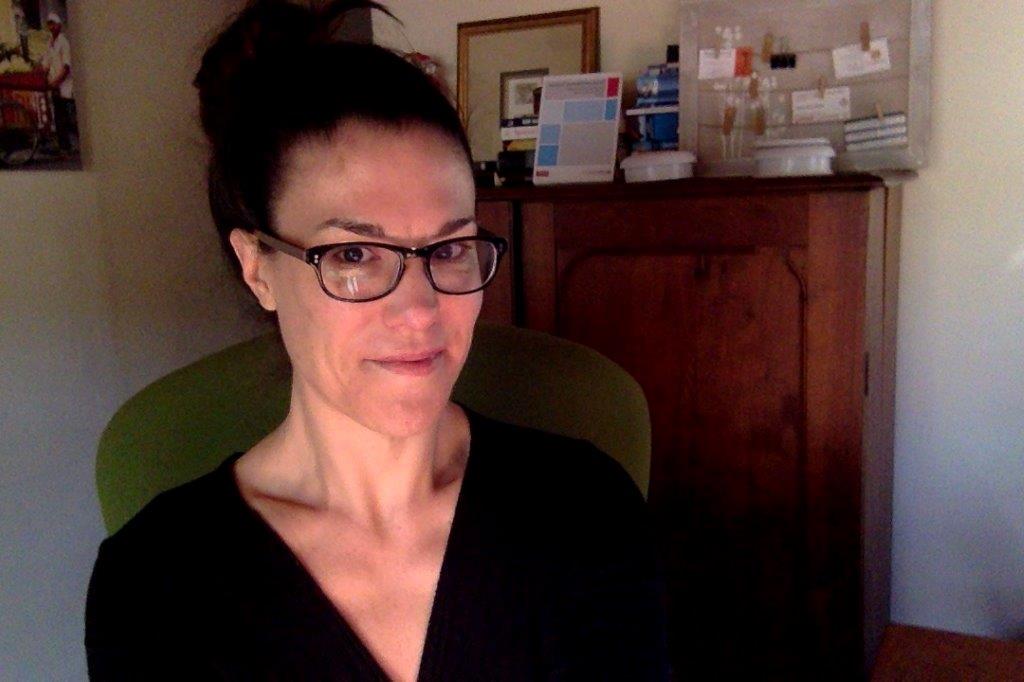 AnneMember
AnneMemberI do think the field has come a long way — in the past, many of us probably equated engagement purely with recruitment outcomes….
But, even though there is an increasing tendency to understand and improve our stakeholder engagement, I wonder if all researchers consider it a part of their day-today work or a part of the ‘core business’ at a trial site? What about when resources are tight?
Do we always approach engagement with a focused strategy and process? Do we see engagement as a ‘one off’ consultation with a partner or do we see value in keeping up the conversation and their involvement between trials?
I think our understanding is still evolving … and I hope this course illustrates that stakeholder engagement is actually much, much bigger than how we thought of it before…
-
08/19/2015 at 6:40 am #3304
 EricaMember
EricaMemberHi I believe my institution values stake holder engagement to a reasonable level as the give all the necessary support to the community engagement team and activities. When ever possible research team, CE team and CAB members participate in other stake holder activities/events sometime we organize these events colaboratively
-
08/18/2015 at 4:03 pm #3298
Emmanuel
MemberMy institute has clear understanding of the value of stakeholder engagement to an extent that they are strategies in place in terms of reinforcing GPP complience in all research studies conducted at the institute. Though there is the “GAP” but hopefully after completion of this GPP course , we will be able to Cadre the GPP implementation training to the Institute at large, irrespectful of the research study.
-
08/18/2015 at 3:10 pm #3294
Barbara
MemberThere are some efforts made to understand the value of stake holder engagement in my organisation, the building of a Community Advisory Board, the community office in the organisation, the Regulatory affairs office which regulates and listens to the voices of the trial participant, meetings are held before, between and after any trials with the research participants.
How ever the broader picture of engagement is still lacking, some stake holders are only engaged at the beginning of any research but may never know what went on and how it ended.
The gap is still there for the team to understand broadly the value of stake holder engagement.
Barbara
-
08/18/2015 at 2:42 pm #3292
Anonymous
InactiveGreat comments everyone!
I think Steven makes a great point. Do your organizations understand who stakeholders are? From your definitions it seems that many of the research groups limit the idea of stakeholder to potential participants or organizations that work on HIV related issues. Stakeholders are people who can influence or will be impacted by the trial. This definition may include individuals who oppose the trial! It is important to think broadly about who and how to engage.
One of the most important things to remember about stakeholder engagement is that it is NOT recruitment. High and fast recruitment is a sign of successful engagement, but not the same thing. In fact, good engagement may show that a trial cannot move forward because of a lack of community support.
Clever made an interesting point about researchers not trusting community because they think they might be their to destroy the research. It brings up an important point in my mind that building trust is not just from the research center out. Community must also build trust with the research staff!
I’m really interested in hearing from more voices about how their research teams feel about stakeholder engagement!
-
08/18/2015 at 1:47 pm #3290
Kagisho Baepayne
MemberTo what extent does the research team with whom you work have an understanding of the value of stakeholder engagement? Explain your answer.
from my site, i thin they do.
- our research team doctors value stakeholder meetings and if invited to a dress they avail themselves.
- team members know and appreciate that before we begin a trial our community advisory group should be involve from the word go.
- support for our community advisory group is great.
- other staff members know they value of stakeholder engagement to an extend that they become concern if they do not see other stakeholders in our activities.
KG
-
08/18/2015 at 10:37 am #3260
Clever
MemberThe biggest problem that is there is that researchers at times have a problem to trust people outside the research team. There is always an issue of suspicion. They feel that you are there to destroy the good work that they are doing. This makes them to be defensive and not open up to other stakeholders.
-
08/18/2015 at 10:31 am #3259
 RumbidzaiMember
RumbidzaiMemberThe research team I am working with, have a very good understanding of stakeholder’s engagement and they hold meetings on a regular basis with them update them n what’s going on and the implementation of the research held and how the stakeholder’s recommendations are being implemented. This has given the stakeholder’s a sense of the research belonging to them rather than the researchers.
-
08/18/2015 at 8:21 am #3257
 StevenMember
StevenMemberI think they have a good understanding of the value of the stakeholders but the problem is the understanding of who are the stakeholders. Most of the times they think stakeholders are only those organisations who are dealing with HIV. They don’t include community people and family members of study participants and many others as stakeholders. But these are very important stakeholders as far as research is concerned.
-
08/18/2015 at 8:06 am #3255
Phumla Jessica
MemberI think they have a good understanding of stakeholder engagement, and they do value it. At events the team goes all out from planning to execution and are always willing to go the extra mile. This happens at site level and when we are also invited by other stakeholders to participate in their events.
-
08/18/2015 at 7:20 am #3254
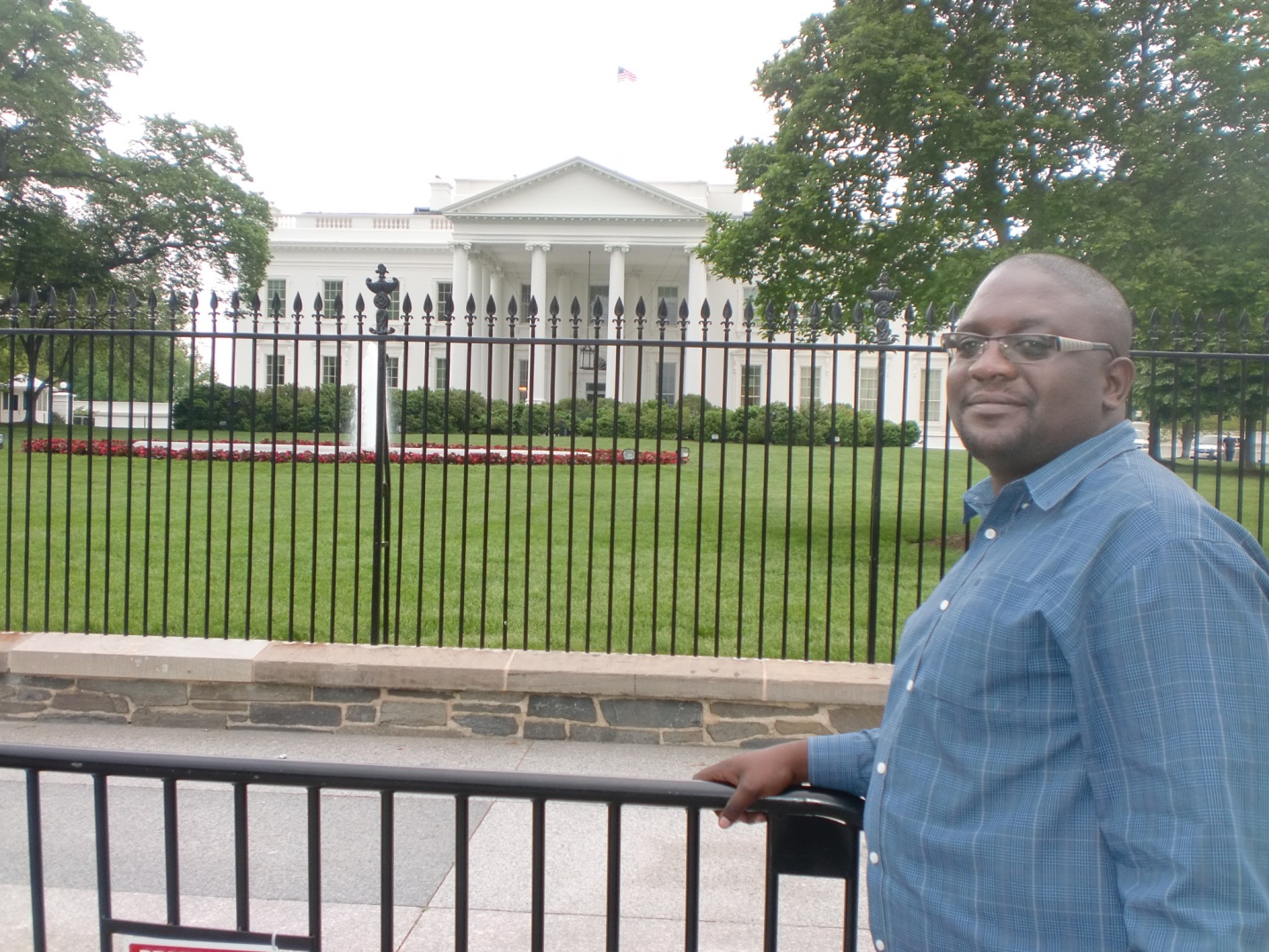 PearsonMember
PearsonMemberWell most of them limit there definition of stake holder to the organisations that work in the same field and would only limit there activities to theses organisations and what they see as would be participants, there is in most cases no regard for the broader definition of stake holders especial y for those that would be effected by the conduct and outcome of the trails.
Pearson M’modzi
-
08/18/2015 at 5:51 am #3251
 MarkMember
MarkMemberIt is difficult for me to tell to what extent the Research team understand the value of stakeholder engagement, but the fact that they talk about it and encourge this practice with much emphasis, they do value it to some level worth appreciating.
MMark Lungu.
-
08/18/2015 at 5:18 am #3250
 NokulungaMember
NokulungaMemberHi Anne,
I am having a problem with loading Module 1 since yesterday it keeps on loading. I am not sure whether it my computer or the problem is with the whole system.
Thanks
Lunga
-
-
AuthorReplies
- The forum ‘GPP Online Training Forum_Aug 2015’ is closed to new topics and replies.


